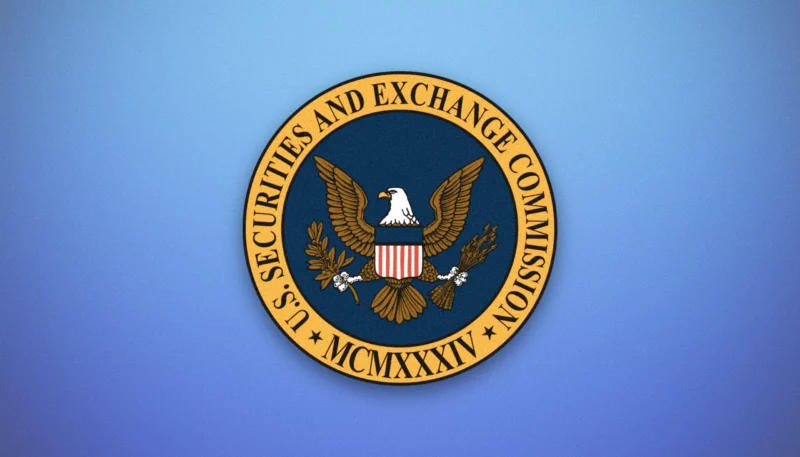One of the things that new entrepreneurs often find most shocking is the degree of restrictions that both the federal and state governments impose on their capital-raising activities. To them, it is simply unbelievable that the government would regulate who they sell their company’s stock to or from whom they take loans. Securities law is something they associate with large public companies, not the small, nimble companies that they started. Once they realize that, yes indeed, securities law applies to their company, their next question is usually: are there really any consequences for not following these seemingly silly and intrusive regulations? Unfortunately, there are.
First, before I get into what those consequences are, I want to give an extremely brief overview of what securities law compliance entails. There are essentially two overarching requirements: (1) registration of securities and (2) the prohibition on fraud. Both federal and state law require that any company selling a security (both debt and equity) must register that security with the SEC and the state securities commissioner of each state where investors or potential investors reside. In the alternative, the company may utilize an exemption from registration (such as a private placement exemption) to avoid registering. But most exemptions require, in order to qualify for them, that the company undertake certain actions or refrain from certain other actions. For instance, exemptions frequently require notice filings with the SEC and state securities commissioners. In addition, they often involve significant limitations on selling activity, such as a requirement to refrain from any advertising or a requirement that they sell only to accredited investors (i.e., high-net-worth investors). In addition to the registration requirements, companies must also take steps to ensure they don’t engage in fraudulent selling practices. While that may sound easy, it can be quite a challenge in practice. Companies and individuals can be found liable for committing securities fraud even in the absence of an intent to defraud. Merely making an unintentionally misleading statement, including a statement that is misleading only by omission, can, in certain cases, be enough to establish liability.
Consequently, the requirements for a small company to raise capital while staying in compliance with the law can be quite onerous. The company will be required to navigate the confusing set of regulations involved with private placements. In addition, it will have to carefully consider what it will disclose to investors, ensuring that no misleading statements are made and nothing is omitted that may cause the other statements that are made to be misleading. This will often result in rather extensive disclosure packets being drafted called a private placement memorandum. Usually all of this can only be accomplished with the help of an attorney who is proficient in securities law (itself a very specialized practice). So what can happen if the company ignores this and goes ahead with the sale of securities without taking appropriate steps to ensure compliance?
First, at the extreme end, it is possible that the company and its principals can face criminal charges (both state and federal). Even if no charges are brought, the SEC or state securities commissioner can and often does bring claims for civil penalties, such as monetary fines and injunctions against any further capital-raising activity. An even more likely situation to occur is if the investors were to lose money on their investment in the company, they can sue the company and its principals to have the deal rescinded, requiring the company to return the investor money (often out of the principals’ own personal assets if the company no longer has the cash). Furthermore, many debts due to violations of securities laws are non-dischargeable in bankruptcy, so violators could be stuck with a large judgment for the rest of their lives.
But it goes beyond government-imposed fines and civil lawsuits. Violating securities laws in the early rounds of fund-raising for a company could doom future efforts to raise capital. Once the company goes beyond the seed or “friends and family” rounds, it will likely seek to raise money from angel investors and venture capital firms. The problem is that those later investors will perform due diligence on the company. This will include reviewing any past sales of stock or debt. When they discover the securities violations, they will either abandon the deal altogether or reduce the valuation of the company to take into account the contingent liability that needs to be added to the company’s balance sheet for any potential lawsuits or civil penalties. At the least, it will be expensive because the company will have to pay lawyers to “clean up” the damage that has already been done.
Therefore, entrepreneurs should do the right thing from the start. If you are going to raise money from investors, even a small amount on initial rounds, put the time, money, and effort into ensuring that the capital raise is done in a way that is in compliance with securities laws. It will prevent a whole host of problems later on.
This article is for general information only. The information presented should not be construed to be formal legal advice nor the formation of a lawyer/client relationship.




